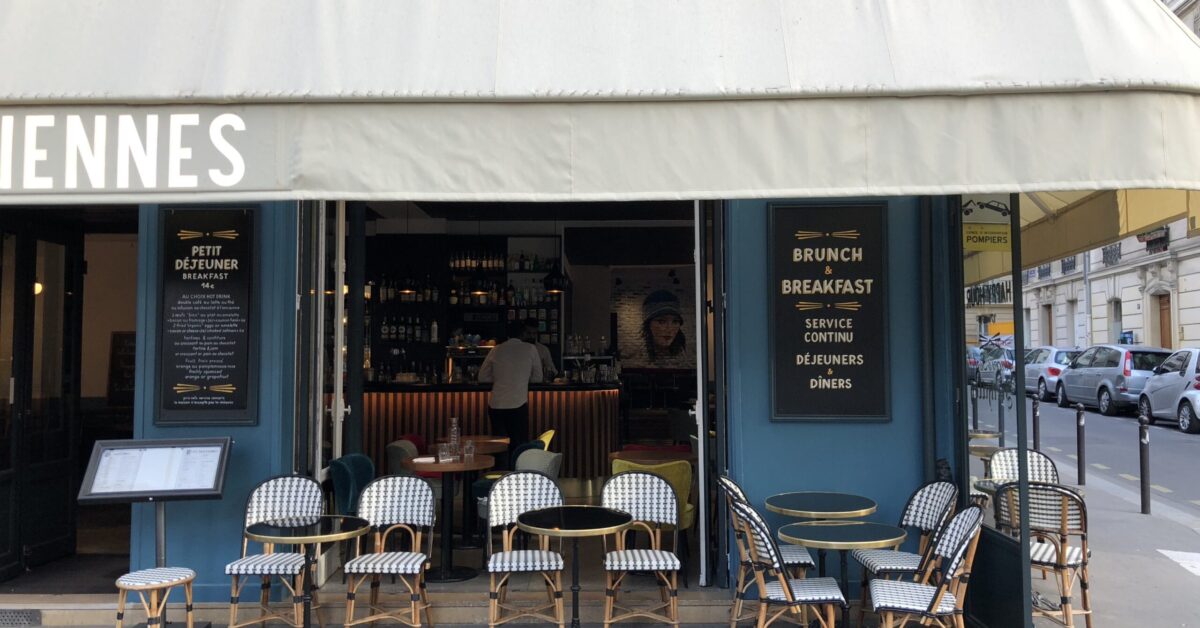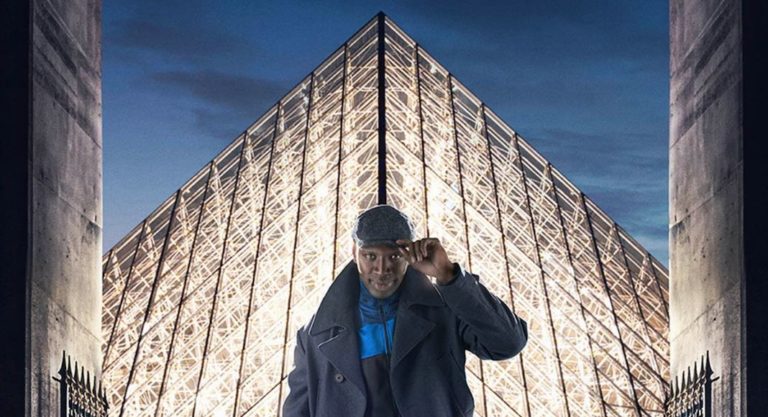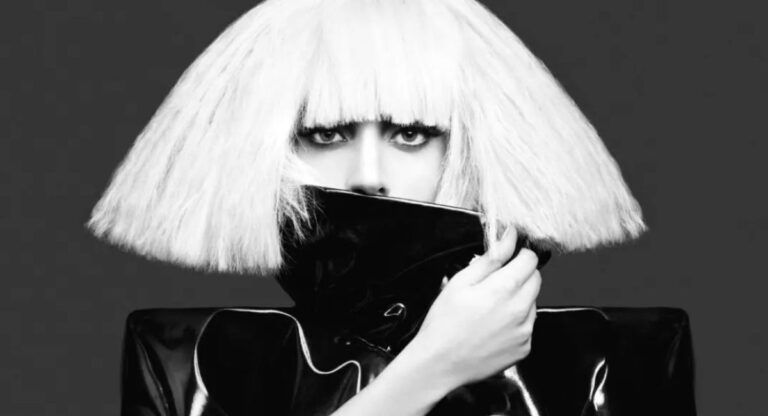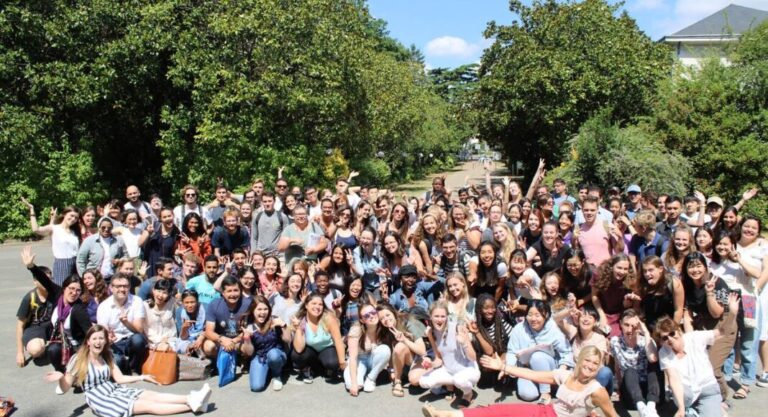No one wants to sound like they walked out of an “Allez, viens!” textbook, and yet sometimes it happens… because that’s the textbook you learned from. In pursuit of fluency (or at least not sounding like a 1980s French robot), learn these 11 words that French people actually use and you’ll be sounding like a fluent speaker in no time. Before you start, brush up on our list’s from February, March, April, May, and June.
1. Bon rapport qualité prix
Always looking to spend less but never wanting to sacrifice on quality, the French have an adjective for when something is a good deal: “bon rapport qualité prix” (literally, a good ratio of quality and price”).
2. À Zidane!
A notable phrase to know especially during the World Cup, “à Zidane!” is what you say while you cheers your drinks at the beginning of the night. It translates as “to Zidane!” with Zidane referring to Zinédine Zidane, a legendary and beloved former French soccer player who was famously red-carded out of his final match — a World Cup match, no less — for headbutting someone.
3. 06
All cellphone numbers in France begin with 06 or 07. (Home phones, however, have specific area codes.) So, if you want to ask for someone’s phone number in France, the slang way to do it would be to refer to it as their “zéro-six.” For example, to meet up with your new French friends for drinks, you’ll need to ask “c’est quoi ton zéro-six?”
4. La boucle est bouclée
What to say when things have come full circle? “La boucle est bouclée,” or “the buckle is fastened.” For example, if you spend the first night and the last night of your year abroad at Sacré-Coeur with a friend and a bottle of wine, you can turn to each other and say, “la boucle est bouclée.”
5. Être bilingue / parler couramment le français
Though the English word “fluent” sounds like it could be French (“flu-ent“), it’s not. To say that you’re fluent in a language, use “être bilingue” (ex: “je suis bilingue”). If you feel that you’re not bilingual but are pretty proficient in French, use “parler couramment le français” (ex: “je parle couramment le français”).
6. Forcément
“Forcément” means inevitably or necessarily. (The non-literal translation is more like “of course.”) You could use it as an exclamation or put it at the beginning of a sentence. Let’s say you go to the beach and your friend tells you to put on sunscreen or else you’ll get a sunburn, but you brush him off and don’t apply sunscreen. When you do get a sunburn and tell him, “j’ai pris un coup de soleil,” he’ll respond, “forcément, je t’avais prévenu” (or course, I told you you would!).
7. Tristounet(te)
When something is sad and also cute, you can call it “tristounet(te).” It probably reminds you of “triste” but “triste” is for when kid trips and falls (i.e., something sad) and “tristounet(te)” is for when a basset hound puppy trips on its own ears and falls (i.e., something sad and cute).
8. Merci de …
To thank someone for doing something, you don’t literally translate it to “merci pour…”. It’s “merci de…”. Did your mom do the laundry you brought home? “Merci d’avoir fait ma lessive.” Want people to RSVP to your party? “Merci de répondre.” Did your coworker save you a croissant when you were running late to the office meeting? “Merci d’avoir pensé à moi.”
9. Se débrouiller
A basic reflexive -er verb, “se débrouiller” should be in everyone’s vocabulary arsenal because it means to get by, or to manage or handle things on one’s own. If someone asks you to help them move apartments, and you tell them you’re busy, they’ll respond “bon, je me débrouille” (fine, I’ll do it myself). Of course, it won’t be done as quickly, easily, or well as it would be with help, but the job ultimately gets done.
10. Un pote
This masculine noun is what you’d call a male or female friend who is not a really good friend, but it’s still a friend. It’s the kind of person you’ve hung out with a few times, maybe who you see in group settings, but it’s not a good friend. A good friend is “un très bon pote (à moi)” and a really good friend is “un(e) ami(e)”.
11. Je marche sur l’eau
This translates to “I’m walking on water,” meaning you’re so talented at something, you can do the impossible. (“Marcher sur l’eau” is the infinitive phrase.) Soccer player Kylian Mbappé scored two goals in just three minutes of the France vs. Argentina World Cup quarterfinal game. So how good is he? Il marche sur l’eau.






